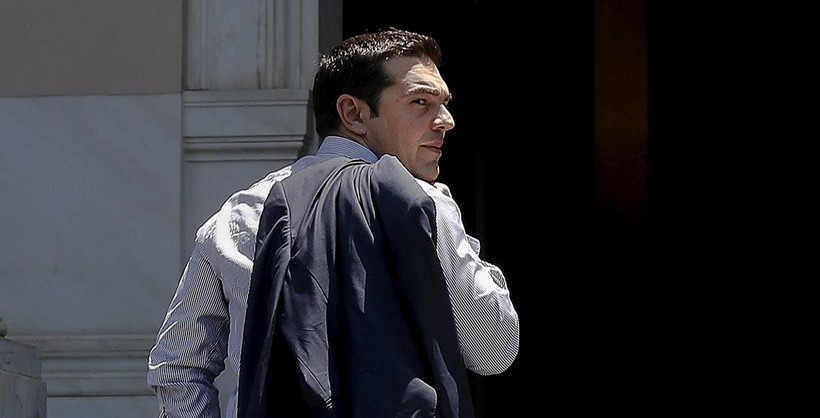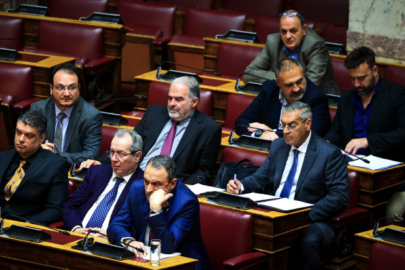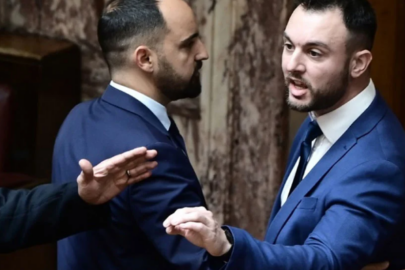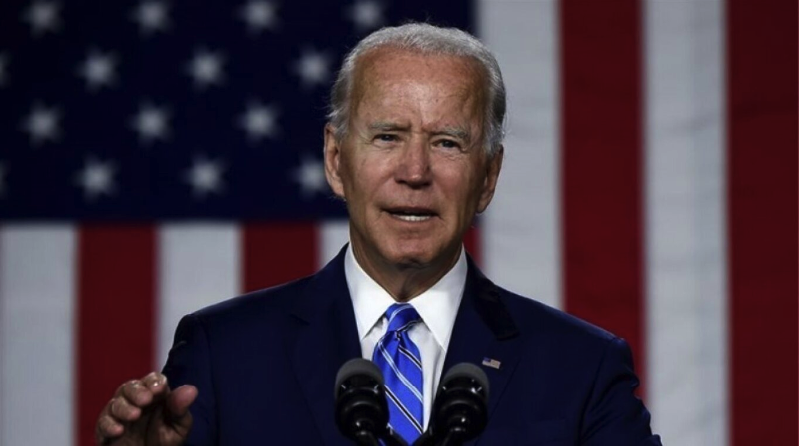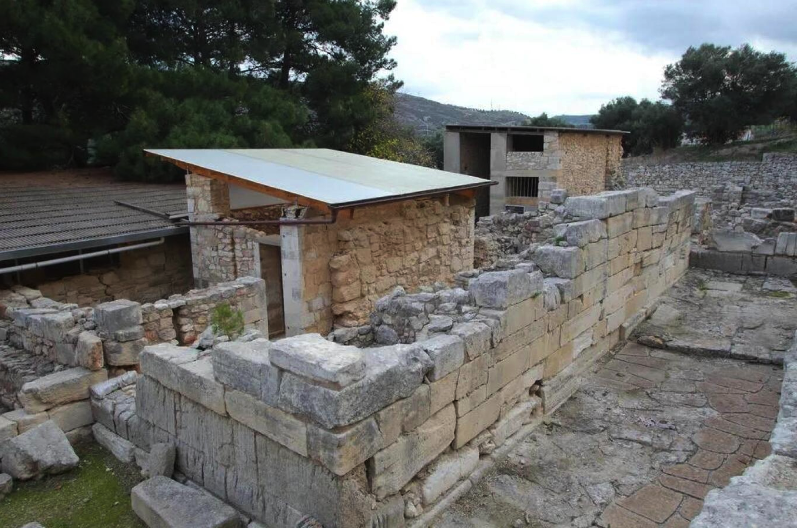Prime Minister Alexis Tsipras is in the unenviable position of passing legislation he doesn’t even believe in to avert a Grexit and enter a new agreement with the troika (that is now called troika again). His task is challenging as the first signs of dissent within the Radical Left Coalition (SYRIZA) government came out as soon as the party’s leadership ditched out on all its beliefs in a sudden U-turn. The situation is still in a state of flux with all sorts of scenarios in the air, including the creation of a national unity government or even snap elections.
Greece’s finances are as vulnerable as the political climate with liquidity still in the air without financing from the European Central Bank (ECB) or a solution to interim financing from the European Stability Mechanism (ESM). As a sign of ‘trust’ and/or subservience, the Greek government is being called to pass through tough austerity measures before negotiation on Greece’s entry to the ESM even begins.
The first part of the harsh deal involves passing through measures so as to help stabilize the country and put an end to Grexit danger. A government reshuffle may follow as a number of SYRIZA ministers have expressed their opposition to the last-ditch deal (Panagiotis Lafazanis, Dimitris Stratoulis and Kostas Isihos), other ministers have even disagreed with staying in their posts due to their disagreements. Foreign Affairs Minister Nikos Choundis has resigned and Alternate Finance Minister Nadia Valavani has already handed in her resignation.
Tsipras, sweeping internal party problems to the side, even though he is aware that he is losing the majority of 162 seats. His current focus remains working towards Greece’s entry to the ESM and postponing any decisions – if these are still necessary – for later. “I am not escaping,” he said during an interview on the state broadcaster, ERT, in reference to the completion of the first stage of the tough agreement so much harsher than the agreement rejected in the July 5 referendum that much of the population views it as “humiliation”.
Once the legislation is past, he will examine internal problems and will either return to the polls or create a new government alliance. The second scenario would require him stepping down from the government’s leadership.

